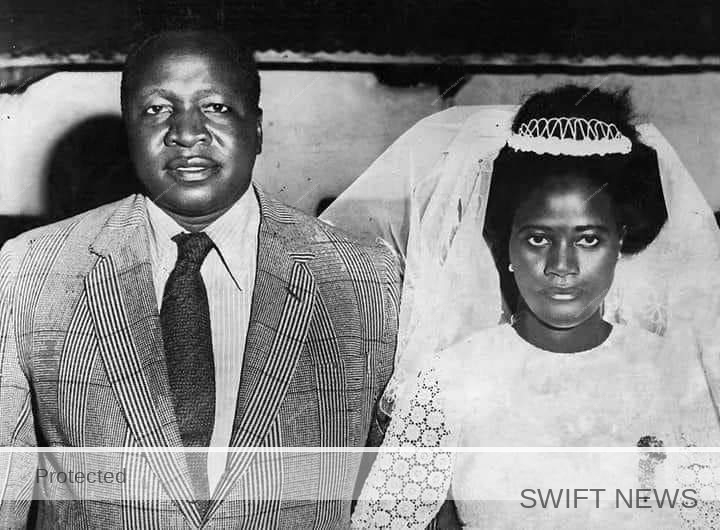
By Our Reporter
In an unexpected move that has sparked national debate, President Yoweri Kaguta Museveni has directed that Madina Najjemba Amin, widow of former president Idi Amin Dada, be granted a monthly allowance of Shs 15 million, along with a 4×4 vehicle, a new house, and full medical insurance.
The directive, which stems from Najjemba’s personal appeal to the president, was formally issued in a letter dated November 9, 2023. In the letter, President Museveni wrote:
“I have seen your letter of the 9th November, 2023. How are you? It is good that you wrote to me. By the copy of this letter, I direct the State House Comptroller to buy you a car (4×4), build you a house, ensure you get medical insurance, and give you an allowance of Shs 15 million per month.”
The decision marks a rare moment of public sympathy from Museveni toward the family of Idi Amin, a leader he has frequently condemned over the years for presiding over one of Uganda’s most brutal regimes.
Idi Amin seized power in January 1971 through a military coup that overthrew then-President Milton Obote. His eight-year rule was characterized by mass killings, disappearances, and economic collapse. He was deposed in 1979 by Ugandan exiles supported by Tanzanian troops and lived in exile in Saudi Arabia until his death in 2003.
Despite Amin’s notoriety, Museveni’s gesture appears to be rooted in a humanitarian response to Najjemba’s difficult circumstances. Many members of Amin’s extended family have reportedly struggled financially over the past four decades.
What has raised even more eyebrows, however, is Museveni’s own questioning of Amin’s entitlements. In the same letter, he asked:
“What happened to Idi Amin’s entitlements? Who took the money?”
This statement has triggered fresh speculation about the fate of any official benefits or state privileges that may have been owed to Amin or his surviving dependents. Some political commentators see it as an indirect accusation that funds or entitlements may have been misappropriated over the years.
Reactions to the president’s directive have been mixed. While some Ugandans view the move as a commendable act of compassion toward a widow in need, others question why a president widely regarded as a dictator should have his family now supported by the state.
Political analyst Dr. Henry Mugerwa noted, “It’s a gesture that will definitely raise eyebrows, but it also speaks to Museveni’s evolving political tone—he’s consolidating legacy politics, and part of that includes appearing magnanimous to even those he once considered enemies of the nation.”
As the government prepares to implement the presidential directive, many will be watching closely to see how this decision affects broader conversations around historical justice, state obligations to former leaders, and the politics of reconciliation in Uganda.
For now, Madina Najjemba Amin’s long appeal for help appears to have finally received the response she had hoped for—straight from the highest office in the land.

